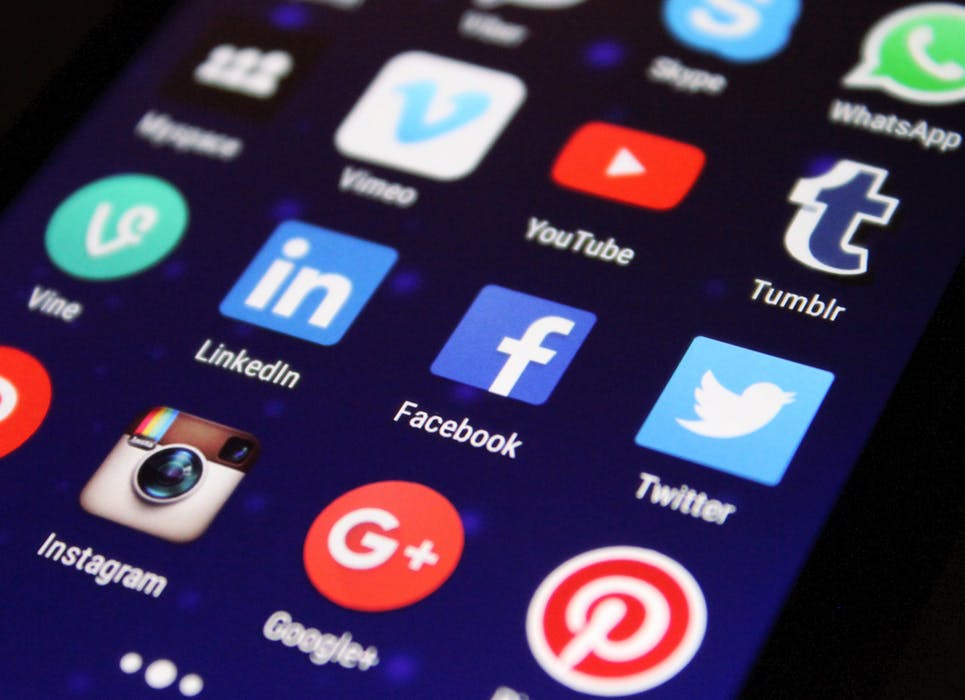On March 23, 2018 President Trump signed a $1.3 trillion government spending bill that will also affect the privacy of our content. Included in the omnibus 2,300 page document is the CLOUD Act, which permits police from other countries free access to our content without the requirement of obtaining a warrant.
CLOUD stands for Clarifying Overseas Use of Data. The U.S. president can sign “executive agreements” which allows both nations to retrieve data stored in the other country, regardless of privacy laws. These agreements to do not require congressional review or approval.
The CLOUD Act was tacked on this bill and it was not passed by legislation. It was added to an ominous bill that is necessary to keep the government open. The bigger the bill and the more it entails, the higher its chances of getting passed.
The way this works is if another country, say the United Kingdom wanted access to a U.S. citizen’s data content for a court case, they can have full access to whatever they need. UK officials can enter into an argument with the President, State Department or Attorney General which would grant the UK permission to directly contact companies such as Google or Facebook to request data stored in the U.S.
The way this used to work was that if the U.S. wanted access to content from overseas, they would have to sign a mutual legal assistance treaty (MLAT). With an MLAT nations put in writing exactly how they are willing to help each other with legal investigations. Then, the Senate voted on each MLAT and they were to receive a two-thirds approval to go in effect.
 So, what does this mean for us? It means our content is no longer as private as it used to be. Foreign police can wiretap people’s communication from U.S. companies and collect data without our citizens being notified. If criminal content is found, the foreign police can notify the U.S. police and charge a person with crimes without ever obtaining a warrant.
So, what does this mean for us? It means our content is no longer as private as it used to be. Foreign police can wiretap people’s communication from U.S. companies and collect data without our citizens being notified. If criminal content is found, the foreign police can notify the U.S. police and charge a person with crimes without ever obtaining a warrant.
The CLOUD Act was introduced to the Senate and the House of Representatives on February 6. This is just another situation where the citizens nor legislation was involved in the process.
This is said to be a good thing, because the classic MLATs could take nearly 10 months to pass and the CLOUD Act ensures quick recovery of data since no permission is required. This means that since data can be accessed easily, it can speed up the prosecution process. It allows countries to contact tech companies such as Facebook or Google and demand content.
However, the trade-in is our content privacy, which is basically nonexistent now. None of your personal messages or posts are private anymore, so be extra mindful of the content you post.
This act is supposedly going to make our citizens safer, but how come no citizen was a part of this change? If a tech company wants to deny the government access, the government could threaten localization and pressure the company to turn over the information.
There are no human rights organizations supporting this act. The fact that a foreign government can access our content without even notifying the U.S. government is wrong and I believe this will cause problems in the future.
Kali Macklin
Reporter


